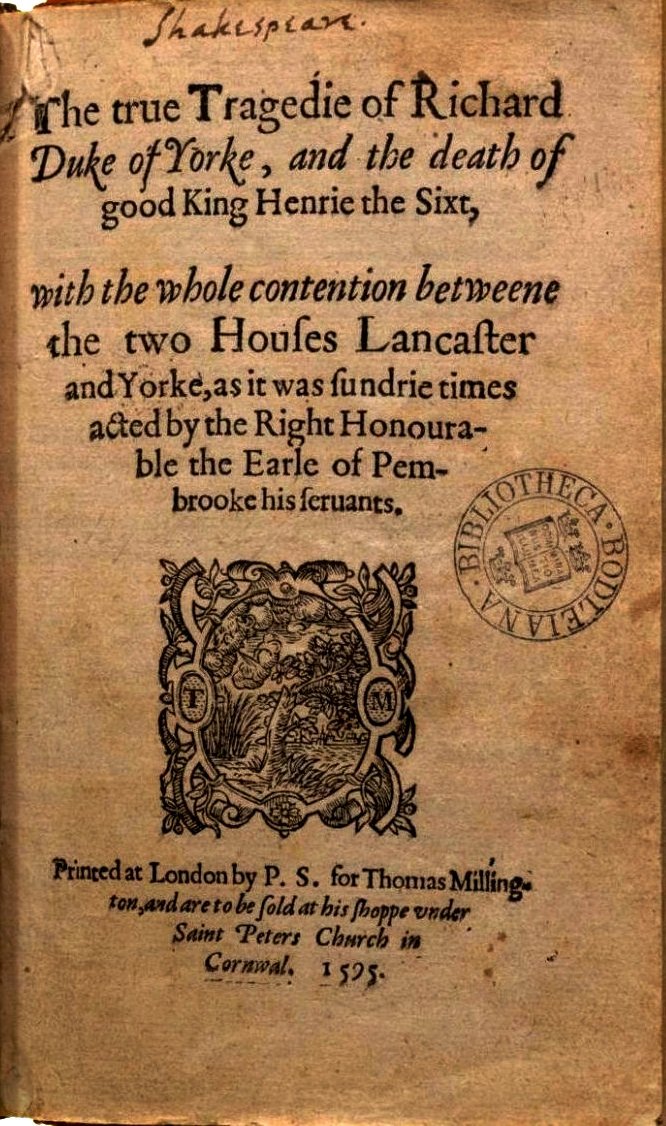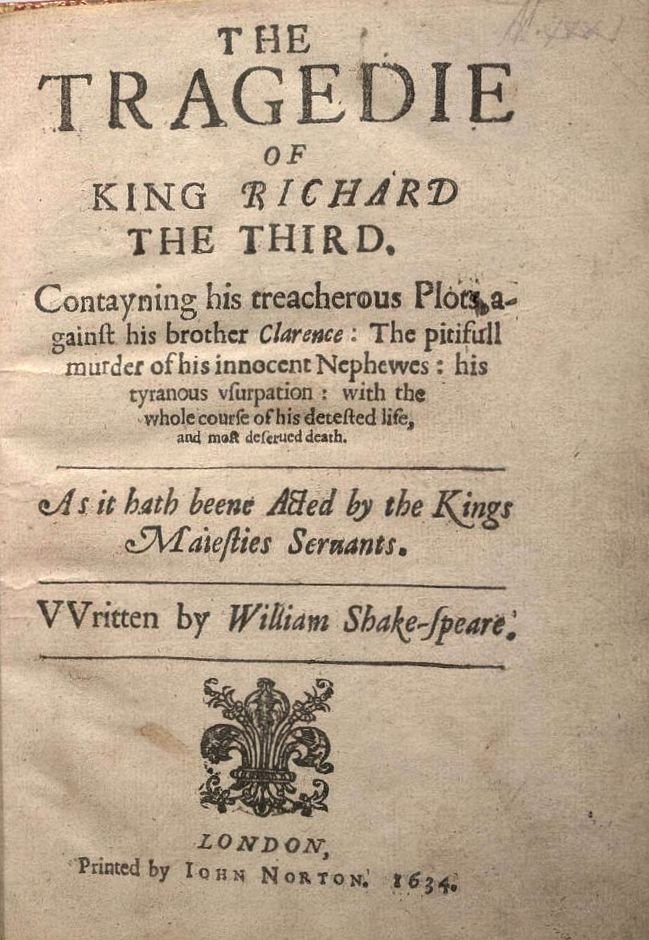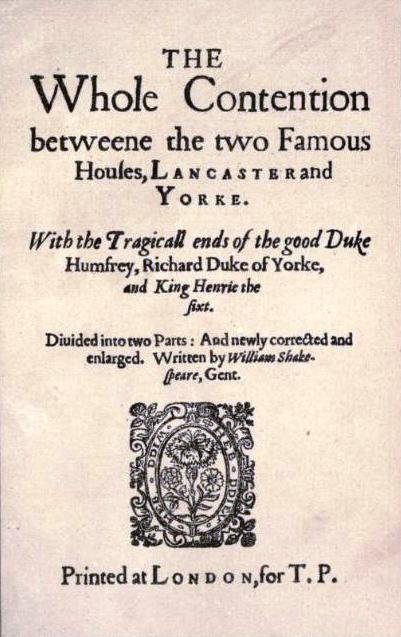The British Monarchy, Part IX
King Charles (I, II, & III)
Charles Philip Arthur George Windsor, the oldest son of the recently deceased Queen Elizabeth, is now King Charles III of the United Kingdom of Great Britain and Northern Ireland. He is a constitutional monarch with limited powers.
Monarchs used to have absolute power. The evolution to a constitutional monarch started over 800 years ago with the Magna Carta, which among other clauses, required the King to seek parliamentary approval for new taxes. This series of entries covers the evolution of the British Monarchy.
This week’s post has a triple feature of Kings – King Henry VI, King Edward IV, and Richard III. Why? The War of the Roses. But first, we to finish with the Hundred Years’ War (which actually lasted 116 years, but who’s counting?)
Joan of Arc and the Hundred Years’ War
As covered in this post, the Hundred Years’ War was a struggle between France and England over who was the proper King. It started back in 1337.
After King Henry V’s 1415 victory at Agincourt, the French recognized him as the heir to the French throne. However, he died in 1422 at the young age of 35, before he could sit on the French throne. And his only son Henry VI, was only nine months old at the time.
Joan of Arc wanted Charles VII, the French heir to take the throne. In 1429 she led the French army to an upset victory over the English, allowing Charles to be coronated, instead of Henry. Eventually captured by the British, she was burned at the stake as a witch.
France continued to defeat the English until a final victory in 1453 pushed the English out of most of France.
War of the Roses
The war of the Roses refers to a clash between two royal lines: the House of Lancaster (whose crest was a red rose) and the House of York (whose crest was a white rose).
Edward IV (House of York) and Henry VI (House of Lancaster) were cousins, both descended from King Edward III. Henry VI was only nine months old in 1422 when his father, Henry V died. He was mentally unstable and competing interests saw an opportunity to seize power. A civil war erupted between Edward’s forces and Henry’s army. Edward won a final victory at the battle of Towton in 1461. He was crowned King Edward IV and Henry VI imprisoned.
The internal conflict continued and forces loyal to Henry VI defeated Edward’s armies in 1470, restoring Henry to the throne. But not for long. About six months later Edward’s troops once again defeated Henry’s, and this time murdered Henry. Edward reigned until his death in 1473.
But the War of the Roses continued. Edward IV’s son, Edward V, was 12 years when his father died. However, before his coronation his parent’s marriage (Edward IV and his Queen) was declared invalid by clergy. According to the official Royal Website (https://www.royal.uk/ ) Edward V was declared illegitimate on the grounds that Edward IV had a marriage contract with Lady Eleanor Butler before his marriage to Elizabeth Woodville. This meant Edward V was illegitimate and barred from inheriting the throne. The lords and parliament officially endorsed this finding and declared Edward V’s uncle Richard (his father’s brother) the rightful King. Edward V was never seen again, likely murdered on Richard’s order.
The war continued. A group of dissatisfied nobles led by Lancastrian Henry Tudor, challenged Richard III’s position, defeating his army at the battle of Bosworth field in 1485. Richard III died in this battle. Henry Tudor became King Henry VII and ended the War of the Roses by marrying Elizabeth, Edward IV’s daughter, from the House of York.
This table summarizes the changes during the War of the Roses:
|
King |
House |
Years |
|
Henry VI |
Lancaster |
1422 – 1461 |
|
Edward IV |
York |
1461 – 1470 |
|
Henry VI |
Lancaster |
1470 – 1471 |
|
Edward IV |
York |
1471 – 1483 |
|
Edward V |
York |
1483 (78 days) |
|
Richard III |
York |
1483 – 1485 |
|
Henry VII |
Tudor |
|
Years later, Edward V’s remains were discovered and he was re-interred in Westminster Abbey. His burial urn contains this description.
“Here lie the relics of Edward V, King of England, … being confined in the Tower of London, and there stifled with pillows, was privately and meanly buried, by the order of their perfidious uncle Richard the Usurper [Richard III]; their bones, long enquired after and wished for, after 191 years in the rubbish of the…stairs…were… discovered, being buried deep in that place. Charles II, a most compassionate king, pitying their severe fate, ordered these unhappy prince to be laid amongst the monuments of their predecessors.”
Shakespeare
Shakespeare must have found this period so interesting that he wrote four plays about it. These were the first plays he ever wrote.
Henry IV, Part 1 – covers Joan of Arc and the loss of France
Henry IV, Part 2 – describes disorder in the Kingdom under Henry VI
Henry IV, Part 3 – Richard III’s usurpation of Henry VI
Richard III – his two-year reign ended in his death on the battlefield
The plays include several famous lines:
“The better part of valor is discretion” - today this is quoted as “discretion is the better part of valor.”
“Now is the winter of our discontent
Made glorious summer by this sun of York;”"A horse, a horse, my kingdom for a horse"
Laurence Oliver stared in the 1955 movie.
Click to see the winter of discontent line.
Click to see the my kingdom for a horse line.
British comedian Peter Sellars decided to spoof Olivier’s diction with this recitation of ‘Hard Days Night’ (watch for Lennon and McCartney)
Titulus Regius (Royal Title) – The Power of Parliament
Parliament became the ultimate arbiter of who was to be King. Not heirs, nor the divine right of Kings, but Parliament. Parliament approved a law entitled Titulus Regius declaring Edward IV’s children illegitimate and thus Edward V could not be king. This allowed the coronation of Richard III.
After Richard III died in battle, Parliament repealed the act. The repeal was needed because the new King (Henry VII) and his supporters viewed Richard III's rule as a usurpation. Plus Henry VII's planned to marry Elizabeth of York, the eldest daughter of Edward IV, and the Act had made her illegitimate.
Succession
With the end of the War of the Roses, Henry VII started his reign, which will be covered in a future post.




